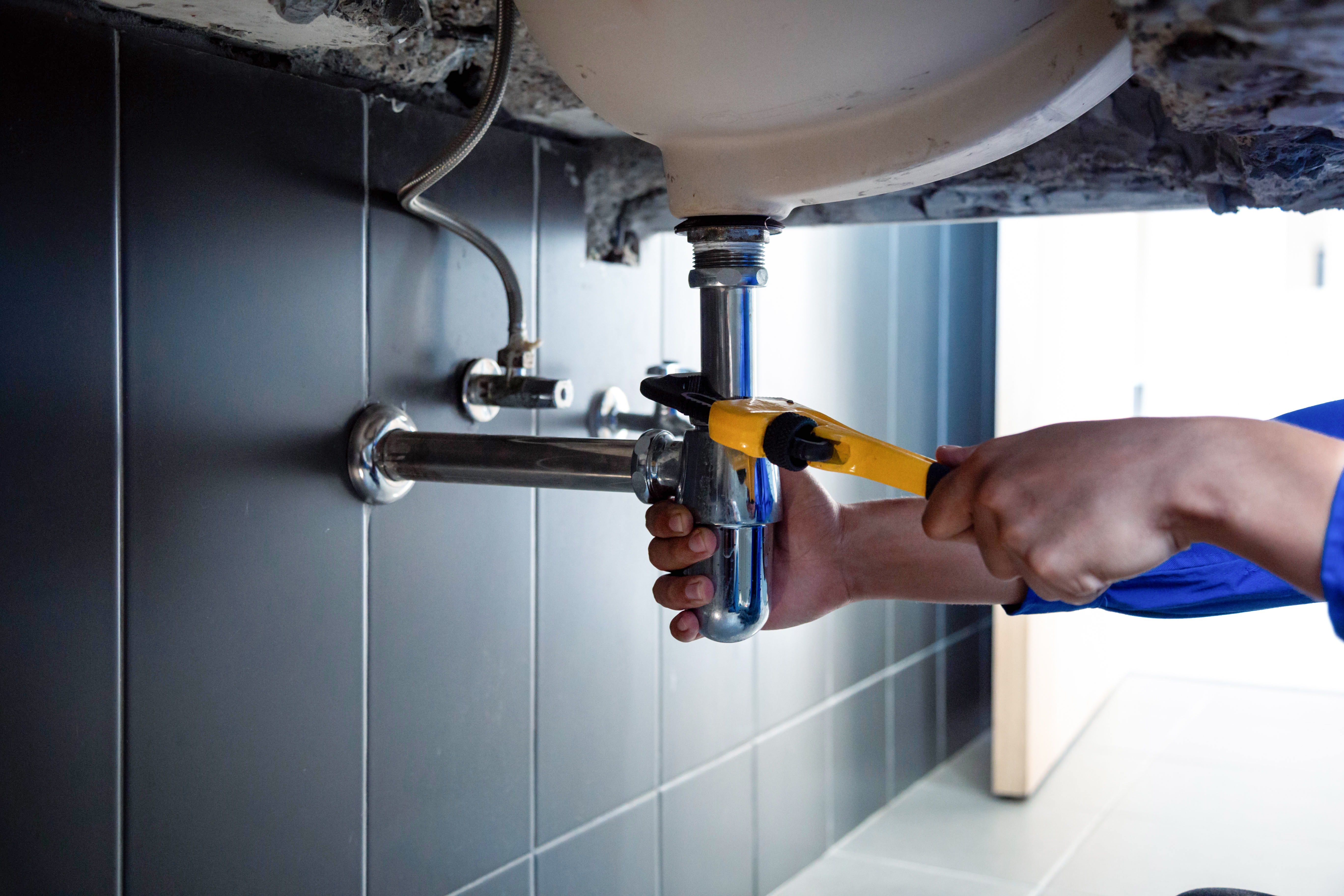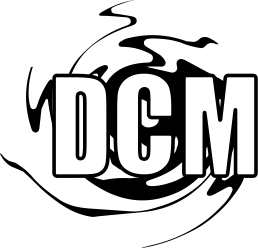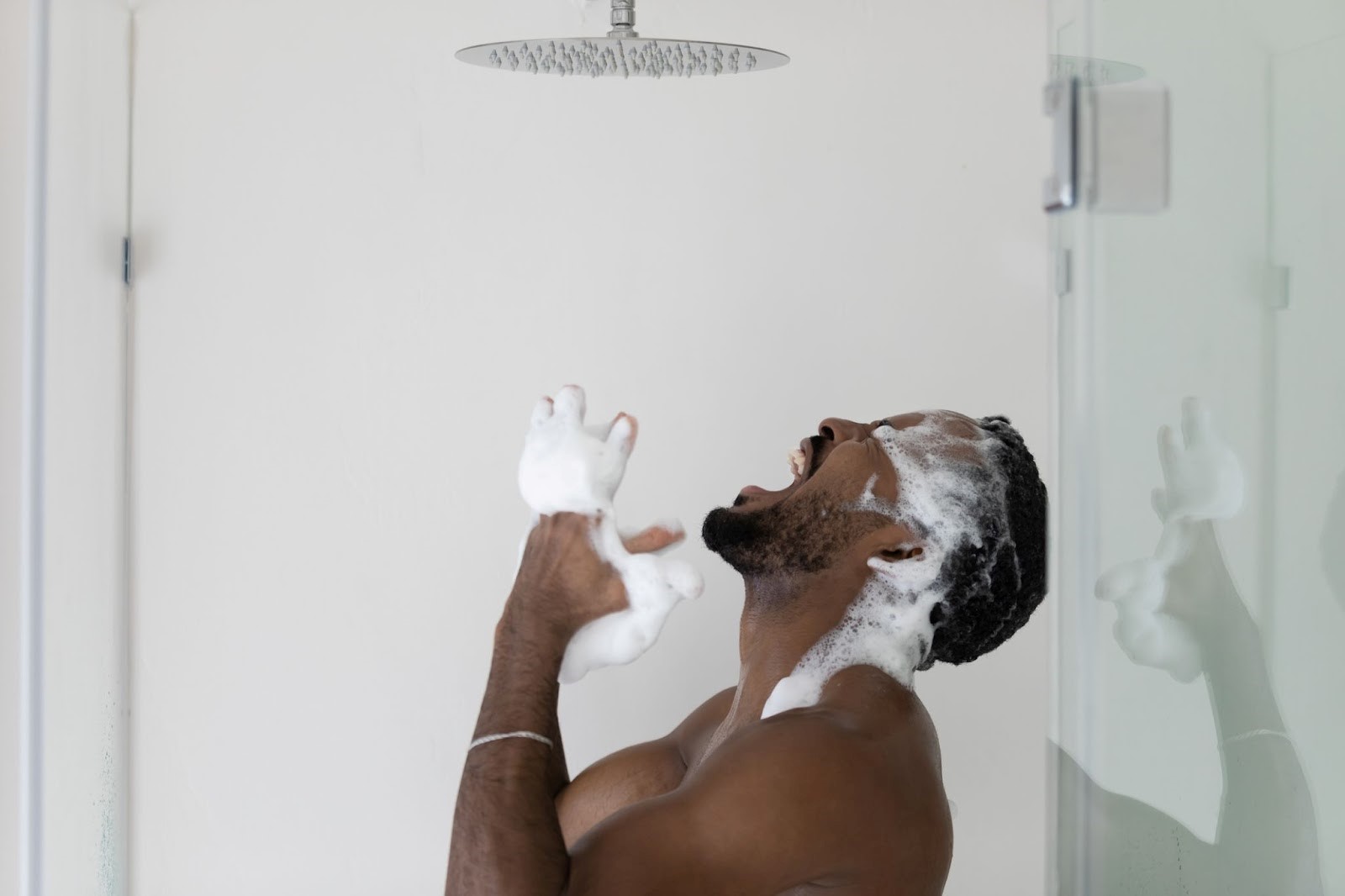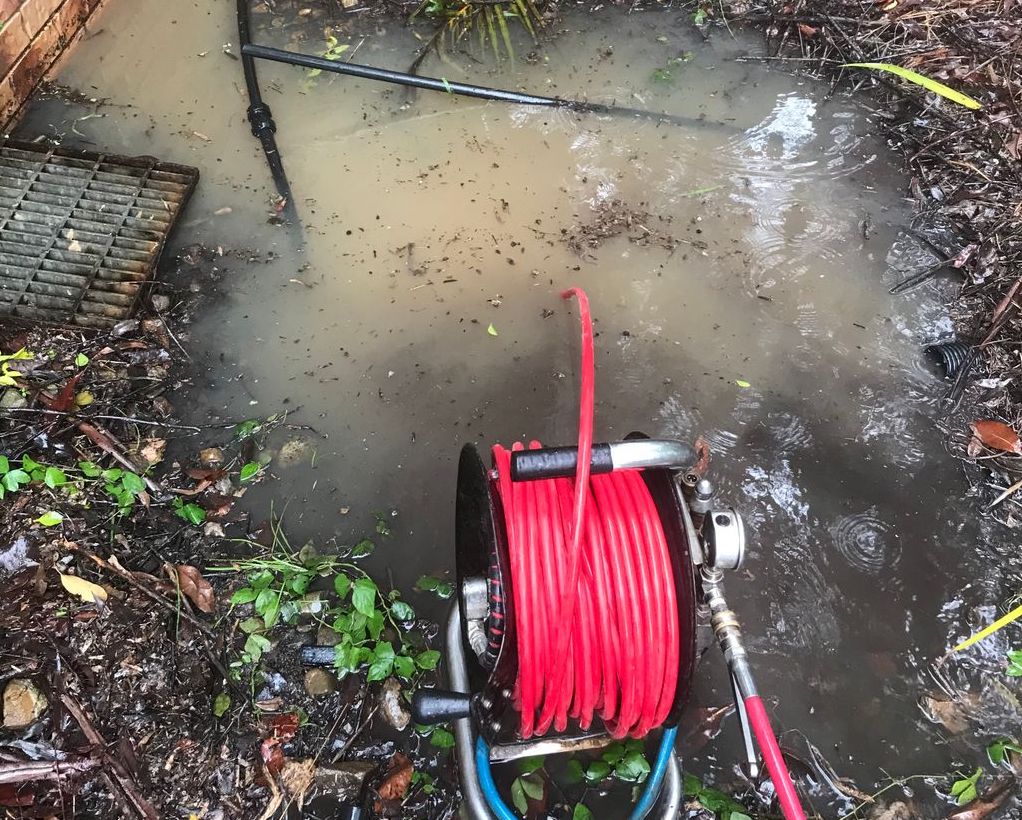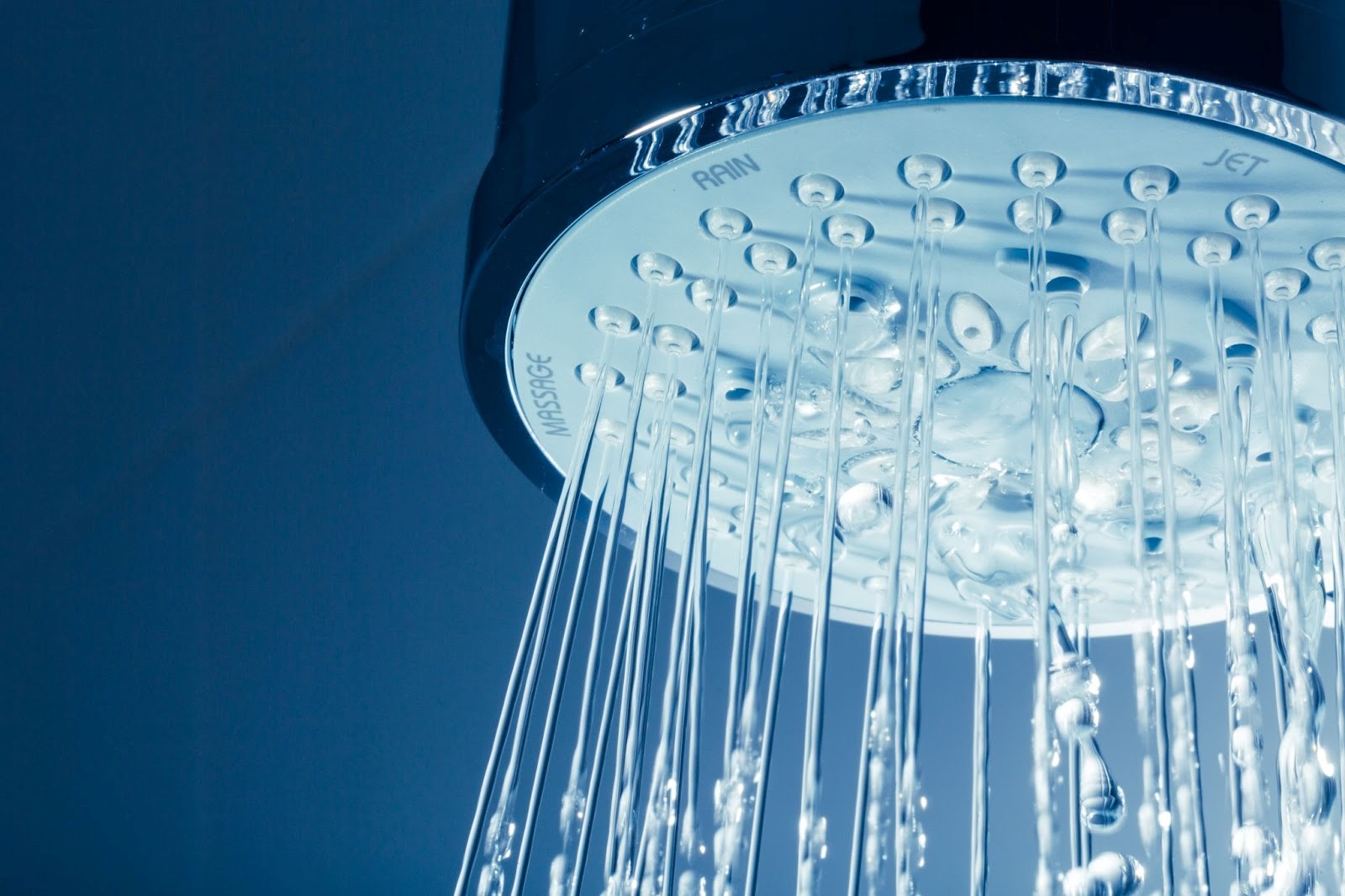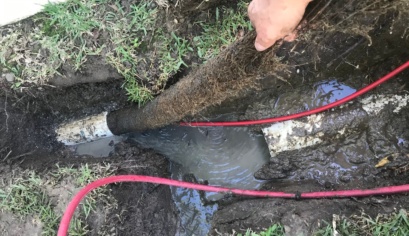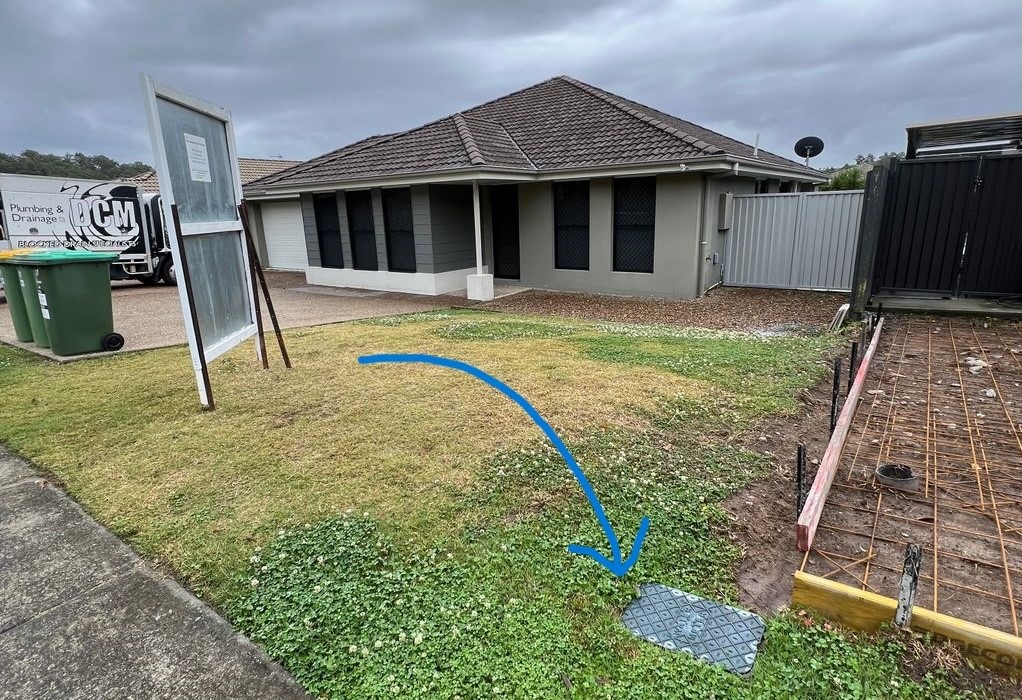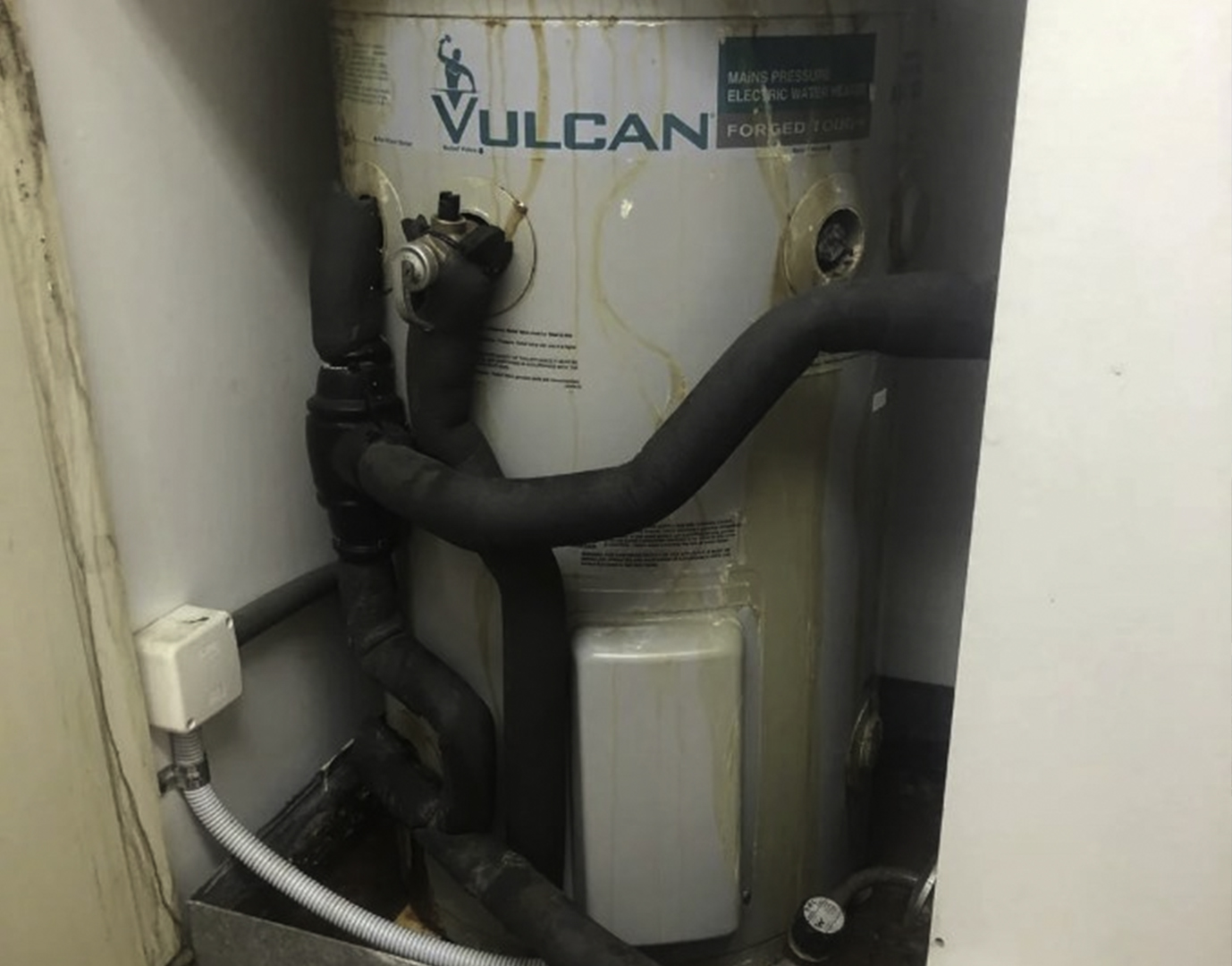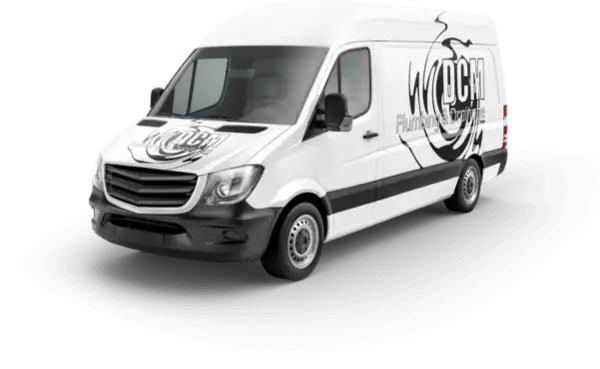Noisy water pipes can be a common yet troublesome issue in many households. Whether it’s a sudden bang, a persistent rattle, or an irritating hum, these noises can disrupt the peace and indicate underlying problems in your plumbing system. Such disturbances are not just annoying; they can also signal potential damage that might lead to more serious plumbing issues if left unchecked. This blog will provide you with comprehensive solutions and practical tips to identify, diagnose, and fix noisy water pipes
Common Causes of Noisy Water Pipes
Water Hammer
Water hammer is one of the most common culprits behind noisy water pipes. It occurs when a fast-moving stream of water is suddenly halted by a closing valve, creating a shock wave that reverberates through the plumbing system. This sudden stopping of water flow can produce a loud banging noise, often startling homeowners.
Water hammer typically happens in situations where high water pressure is present or when a valve is quickly turned off, such as when a washing machine or dishwasher completes its cycle. The force of the water colliding with the closed valve can be strong enough to damage pipes, joints, and fixtures over time.
Example: You might notice a loud banging noise right after suddenly shutting off the kitchen tap or when your washing machine stops filling with water. This indicates the presence of water hammer.
If left untreated, water hammer can lead to significant issues, including:
- Pipe damage or rupture
- Loosened joints and fittings
- Damage to valves and fixtures
- Increased wear and tear on the plumbing system
Solution: There are different ways you can stop water hammer. Installing water hammer arrestors or air chambers can absorb the shock wave and mitigate the noise. Additionally, ensuring your water pressure is within the recommended range can help reduce the occurrence of water hammer.
Loose Pipes
Loose pipes are another frequent cause of noisy water pipes. When pipes are not securely fastened, they can move and rattle against walls, floors, or other objects whenever water flows through them. This movement can create various noises, including banging, clanking, or rattling sounds, especially when taps are turned on or off, or when appliances like dishwashers and washing machines are in use.
Common scenarios where pipes might become loose:
- Ageing or Worn-Out Fasteners: Over time, the brackets, clamps, or straps that hold pipes in place can wear out or loosen, causing pipes to shift and vibrate.
- Renovations or Construction Work: Any recent remodelling, construction, or even minor home repairs can inadvertently loosen pipes or their supports, leading to noise issues.
- Thermal Expansion and Contraction: Changes in temperature cause pipes to expand and contract. This can gradually loosen fasteners, particularly in older homes where the original installations might not accommodate such movements effectively.
- Water Flow Dynamics: Sudden changes in water flow or pressure, like those from quickly turning off a valve, can jolt pipes and loosen their mounts over time.
Solution: Addressing loose pipes involves locating the sections where movement occurs and securing them with appropriate fasteners. Adding cushioning materials, such as foam or rubber padding, can also help dampen the noise.
High Water Pressure
High water pressure can have a significant impact on your plumbing system and is a common cause of noisy water pipes. When the pressure in your water system is too high, it creates excessive force within the pipes. This heightened force can cause pipes to vibrate, leading to various noise issues.
Impact of High Water Pressure on Plumbing Systems:
- Wear and Tear: High water pressure accelerates wear and tear on your plumbing fixtures and appliances. This can lead to leaks, bursts, and a shortened lifespan of your plumbing infrastructure.
- Increased Stress: The excessive force exerted by high water pressure puts undue stress on pipes and joints. This stress can result in frequent repairs and maintenance issues.
- Water Waste: High water pressure can cause more water to be used than necessary, leading to higher water bills and increased water waste.
Solution: To address high water pressure, a pressure-reducing valve (PRV) can be installed in your plumbing system. This valve helps regulate the water pressure to a safe and consistent level, reducing the likelihood of noisy pipes and prolonging the life of your plumbing fixtures and appliances. Regularly checking and adjusting water pressure can also help prevent issues related to high pressure.
Faulty Fixtures
Faulty fixtures are another common cause of noisy water pipes. Over time, wear and tear or improper installation can lead to issues in various fixtures that result in unsettling sounds throughout your plumbing system. Understanding which fixtures are prone to problems and the types of noises they produce can help you diagnose and fix the issue more effectively.
Common Fixtures That Can Cause Noise:
- Taps: Worn-out washers or loose parts inside taps can cause a whistling or screeching noise when the tap is turned on or off. If the internal components are not secure, they can vibrate as water flows through them, producing high-pitched sounds.
- Toilets: A faulty fill valve can lead to continuous running water or a hissing sound. These noises are often due to water escaping from the tank into the bowl, causing the fill valve to constantly activate to maintain the water level.
- Showerheads: Mineral deposits or debris buildup in showerheads can restrict water flow, causing a sputtering or hissing noise. Additionally, loose components inside the showerhead can rattle or produce a buzzing sound.
- Water Heaters: Sediment buildup at the bottom of a water heater can cause popping or rumbling noises as the sediment is heated and shifts around. Faulty heating elements, loose parts or faulty pressure valves can also contribute to noise.
Solution: To address noises caused by faulty fixtures, regularly inspect and maintain your plumbing fixtures. Replacing worn-out washers, cleaning showerheads, or repairing toilet components can often resolve these issues and restore quiet operation to your plumbing system. If the problem persists, consulting a professional plumber may be necessary to ensure a thorough and effective fix.
When to Call a Professional Plumber
While some noisy water pipe issues can be addressed with DIY solutions, there are certain situations where professional help is essential to ensure the problem is resolved effectively and safely.
- Persistent Noise Issues: If you’ve tried various DIY fixes and still hear banging, rattling, or other noises from your pipes, it may be time to call in a professional plumber. Persistent noise issues can indicate underlying problems that require expert diagnosis and repair.
- Visible Pipe Damage: If you notice any visible damage to your pipes, such as cracks, corrosion, or significant wear and tear, it’s crucial to get a professional assessment. Damaged pipes can lead to serious leaks and water damage if not addressed promptly.
- Water Hammer Problems: Water hammer can cause substantial stress on your plumbing system, leading to potential pipe bursts and damage. A professional plumber can install water hammer arrestors or air chambers to mitigate the issue effectively.
- High Water Pressure: If you suspect that high water pressure is causing noise and potential damage to your pipes, a plumber can install a pressure-reducing valve (PRV) to regulate the pressure within safe limits.
- Complex Fixture Issues: Some fixtures, like water heaters or advanced plumbing systems, can have complex issues that require professional expertise. If your water heater is making unusual noises or if you encounter problems with intricate fixtures, a plumber can provide the necessary repairs or replacements.
Needing professional help for your noisy water pipe?
If you’re dealing with noisy water pipes or any other plumbing issues, trust the experts at DCM Plumbing to provide reliable and efficient solutions. Our experienced team is ready to help you restore peace and functionality to your home. Contact DCM Plumbing today to schedule a professional assessment and get your plumbing system back in top shape. Call us now or visit our website to book an appointment.

